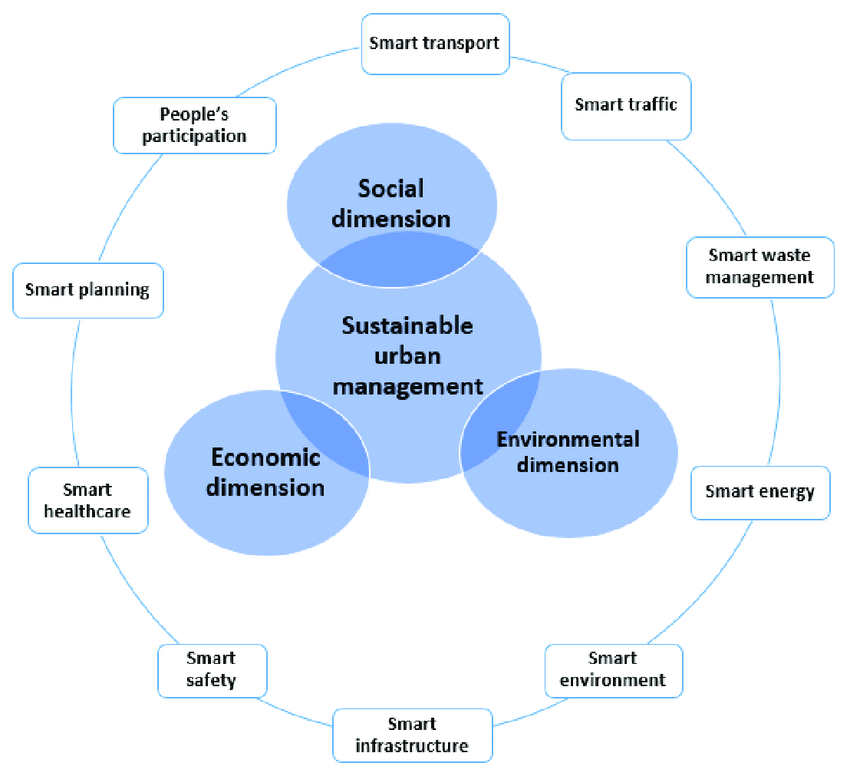
KARACHI: The Department of Public Administration of the University of Karachi organized a two-day national conference on ‘managing megacities at the Prof. Salimuzzaman Siddiqui Auditorium of the KU’s International Center for Chemical and Biological Sciences.
The two-day NCMMC–2024 aims to address economic challenges and foster sustainable urban development in megacities. During the first day of the conference, speakers and scholars deliberate on emerging opportunities and challenges in Pakistan’s megacities. They urged to redefine city management practices for sustainable smart cities and asked the authorities concerned to provide a platform for young scholars, researchers, and professionals to connect and strengthen research in Pakistan.
Barrister Murtaza Wahab mentioned that we don’t know the actual population of Karachi and according to the census the population of Karachi is 20.30 million but none of us believe it, and when you don’t know the population then how could you get the resources from the government. He shared that Karachi is a mini Pakistan and an economic hub and we pay the highest tax in the country. The citizens of Karachi pay taxes to FBR and the Sindh Revenue Board but do not pay municipal tax.
The KMC hardly gets Rs200 million whereas Mumbai, the largest city in India, receives an amount equivalent to Rs55 billion Pakistani currency per year in property tax and Rs19 billion as municipal tax. The Mayor of Karachi Murtaza Wahab expressed that when Karachi is compared to Mumbai, there is a world of difference as there is a huge difference in taxes between Karachi and Mumbai. He further said that the focus of this conference should be that the citizens of Karachi pay municipal tax and consider it as their responsibility. He observed that if people did not start paying tax then it would be difficult for the government institutions to perform.
The KU Vice Chancellor Professor Dr Khalid Mahmood Iraqi said that the population of Karachi is in the millions and is so diverse that we should feel proud of it. He shared that the problems of Karachi should be seen and understood from a new angle. He expressed that in today’s rapidly urbanizing world, managing megacities presents a myriad of challenges and opportunities. He said that this conference would serve as a crucial platform for researchers, industry experts, and policymakers to come together to find solutions to the problems. He acknowledged that the provincial government is giving a lot of support to the universities of Sindh.



